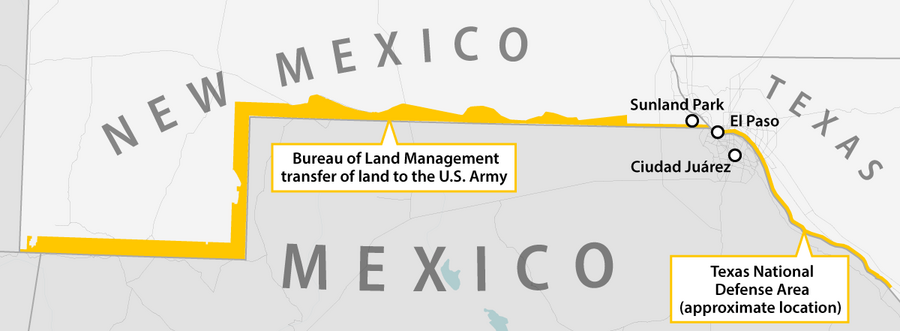Israel launched “extensive” new ground operations in Gaza. Hospitals reported that airstrikes Saturday into Sunday killed more than 100 people, including dozens of children. Northern Gaza’s main hospital was forced to close. Israel says it is pressuring Hamas to agree to a temporary ceasefire that would free Israeli hostages. Hamas wants a full withdrawal of Israeli forces as part of any deal. Israel said Sunday it will allow a limited amount of aid into Gaza after nearly three months of blockade. – The Associated Press
Republicans advanced their tax cut and border security package. The move came out of a rare Sunday night vote. Work remains. Deficit hawks who had blocked the measure two days earlier want more spending cuts. While the Budget Committee advanced the package, 17-16, four conservatives simply voted “present.” Speaker Mike Johnson aims to push the package forward in a House vote ahead of his Memorial Day deadline. – AP
Zelenskyy met with US and European officials. They met Sunday in Rome ahead of a planned call Monday between U.S. President Donald Trump and Russian President Vladimir Putin on ending the war in Ukraine. Mr. Trump said he would also speak with Ukraine’s President Volodymyr Zelenskyy. The discussions came as Russia launched what Ukraine called its largest drone barrage since the start of its invasion in 2022. Direct talks between Moscow and Kyiv faltered Friday, though a prisoner exchange was announced. – AP
A hard-right candidate was rebuffed in Romania. Nicusor Dan, the pro-European Union candidate in the country’s critical presidential runoff won the closely watched race against George Simion, a nationalist, nearly complete electoral data showed Sunday. The tense election rerun was widely viewed as a geopolitical choice between East or West. – AP
The World Bank gave Syria a clean financial slate. It said Friday it had cleared the country’s $15.5 million in outstanding debt after receiving payments from Saudi Arabia and Qatar, making Syria eligible for millions of dollars in grants for reconstruction and budget support. This follows a surprise announcement by Mr. Trump that he would order the lifting of sanctions on Syria, which is struggling to rebuild after a prolonged civil war. – Reuters
Related Monitor story: Last month we looked at how small investments by struggling Syrian families signal hope for the country’s future.
Trump struck deals with Gulf nations. Mr. Trump said Friday that the United Arab Emirates and the United States had agreed for the UAE to buy advanced artificial intelligence semiconductors from U.S. companies. It’s a major win in Abu Dhabi’s push to become a global AI hub, as the country tries to balance its relations between longtime ally the U.S. and its largest trading partner, China. Abu Dhabi pledged to boost its energy investments in the U.S. to $440 billion by 2035. – Reuters
Related Monitor story: The president’s agenda suggested that business would take priority. The outlines of an emerging foreign policy could also be seen.
Find more from the weekend on our website. Get oriented with our curated briefs about the fertility clinic explosion in Palm Springs, California; Supreme Court action on deportations; a U.S. credit-rating downgrade; and more at CSMonitor.com/newsbriefs.













